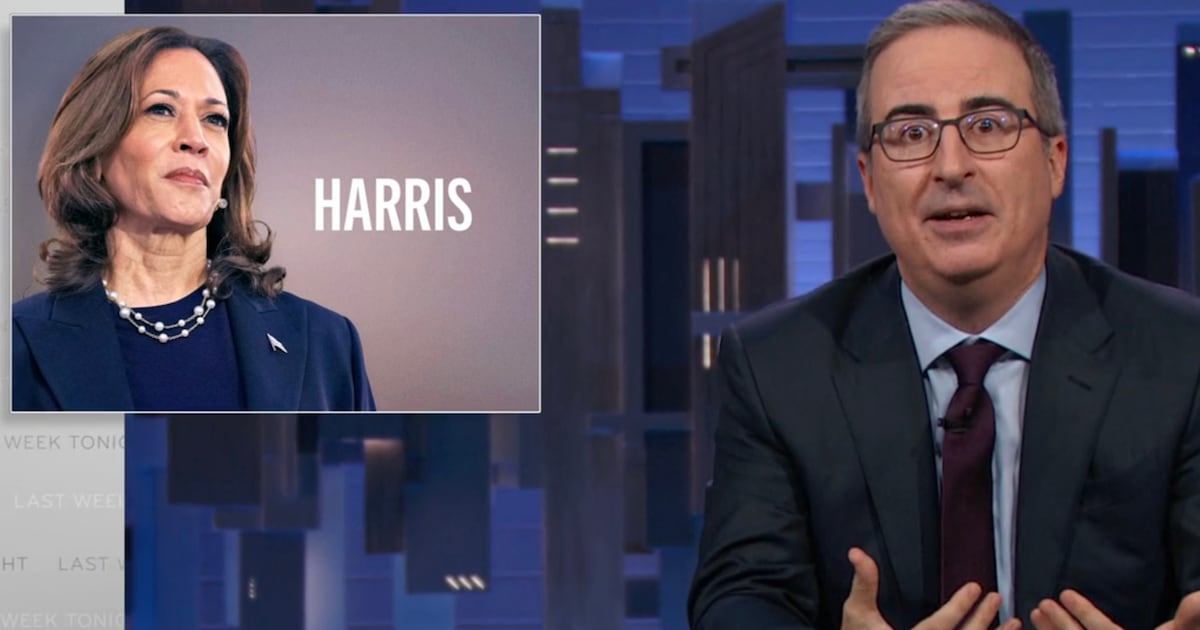A Pentagon task force established in 2006 to help lure private businesses first to Iraq and then Afghanistan allegedly blew as much as $150 million on lavish villas in Afghanistan for a few lucky members of its staff—instead of lodging them cheaply, or for free, at the U.S. embassy or any one of numerous large American military bases in the war-torn country.
The alleged waste by the Task Force for Business and Stability Operations, first described in a five-page Nov. 25 letter to U.S. Defense Secretary Ashton Carter from John Sopko, from the military’s special inspector general for Afghanistan reconstruction, or SIGAR, should come as no surprise. TFBSO, as it’s known inside the Pentagon, has long attracted criticism for apparently wasteful spending and other abuses.
As Sopko notes in his letter to Carter, TFBSO—which burned through nearly $1 billion between its arrival in Afghanistan in 2009 and its disbandment in March—once dropped $43 million on a gas station in Afghanistan that Sopko claimed should have cost $500,000. TFBSO also pumped $282 million into Afghanistan’s minerals and petroleum industry without devising a long-term plan for the investment, Sopko noted.
ADVERTISEMENT
The villas were only the most recent blemishes on the business task force’s record. “Based on allegations we have received from former TFBSO employees and others, today I am writing to request information concerning TFBSO’s decision to spend nearly $150 million, amounting to nearly 20 percent of its budget, on private housing and private security guards for its U.S. government employees in Afghanistan, rather than live on U.S. military bases,” Sopko wrote to Carter.
Mercenaries from no fewer than three companies—Triple Canopy, Defense Group Incorporated, and Muscogee Nation Business Enterprise—protected villa residents and drove them around Afghanistan. Life at the villas included “queen size beds in certain rooms, a flat screen T.V. in each room that was 27 inches or larger, a DVD player in each room [and] a mini refrigerator in each room,” according to Sopko. The SIGAR chief described meals at the villas as “three-star.”
TFBSO also kept an “investor villa” that Sopko explained had “upgraded furniture” and “Western-style hotel accommodations.”
“It is unclear what benefit the U.S. received as the result of TFBSO’s decision to rent private housing and hire private security contractors, rather than living on DOD military bases,” Sopko stated, using an acronym for the Department of Defense. TFBSO has an office in the Pentagon. But the office’s phone number was not readily available, and no one answered a call to the Pentagon’s main press desk.
Sopko explained that he tried to get an explanation about the villas from Paul Brinkley, a former Silicon Valley executive whom then-president George W. Bush had appointed as deputy undersecretary of defense and who was TFBSO’s first director starting in 2006, when the task force was in Baghdad, trying to convince foreign companies to do business in Iraq at the height of the country’s insurgency and occupation. In 2007, former TFBSO employees accused Brinkley of public drunkenness, sexual harassment and mismanaging government funds.
Brinkley resigned from TFBSO in 2011 after the task force had set up shop in Afghanistan and begun lodging as many as 10 of its senior employees in the private villas. “Although SIGAR has contacted Mr. Brinkley in connection with this inquiry, he is no longer a U.S. government employee and has not cooperated with our requests for information,” Sopko wrote to Carter.
But sifting through a 2014 book Brinkley wrote about his experiences, Sopko found what he believed to be Brinkley’s justification for the fancy accommodations. “Our goal was to get businesses running and to encourage private investors and corporations from outside of Afghanistan to engage in the country either as trading partners or as investors,” Brinkley wrote in War Front to Store Front: Americans Rebuilding Trust and Hope in Nations Under Fire.
“Wherever possible, we avoided depending on the military,” Brinkley continued in his book. “We were part of their mission...but we avoided living on military bases whenever possible. The goal was to show private companies that they could set up operations in Afghanistan themselves without needing military support.”
But Sopko claimed the TFBSO never proved that its “no-bases” philosophy helped. Indeed, the inspector general cited a study by the RAND Corporation, a California think tank, that concluded the TBFSO’s freewheeling operations caused “friction” with the State Department and other U.S. agencies.
“Even the U.S. civilian personnel most supportive of the Task Force’s activities in Afghanistan reported that more active oversight on the part of the Department of Defense and clearer coordination with civilian authorities would have improved the efficacy of the Task Force,” Sopko quoted RAND as stating.
In his letter to Carter, Sopko asked for answers to a long list of questions about TFBSO and its shiny digs. “Was TFBSO specifically authorized by DOD or some other authority to allow its staff to reside in private residences in Afghanistan and to hire private security guards and private support services?” Sopko asked. “How were the villas used by TFBSO in Kabul selected and who selected them?”
And, perhaps most important, were the expensive accommodations worth it? “Mr. Brinkley has stated that TFBSO brought potential private investors to Afghanistan to consider investing in the country. Please provide a list of all such investors and the dates on which they visited Afghanistan, from 2009 through 2014.”
Sopko might not get the answers he desires. When SIGAR probed the $43 million gas station, the Pentagon proved unwilling or unable to offer much insight into what had gone wrong. “One of the most troubling aspects of this project is that the Department of Defense claims that it is unable to provide an explanation for the high cost of the project or to answer any other questions concerning its planning, implementation or outcome,” Sopko wrote in a November report.
But the inquiry is an important part of America’s accounting for the hundreds of billions of dollars it has spent, or misspent, in Iraq and Afghanistan since the start of the wars. Sopko’s office “is asking good questions about whether these funds were used to achieve their development goals in Afghanistan, and whether expenditures on villas and guards were actually justified,” Mandy Smithberger, director of the Straus Military Reform Project, part of the watchdog group Project on Government Oversight in Washington, D.C., told The Daily Beast. “More investigation is needed.”





